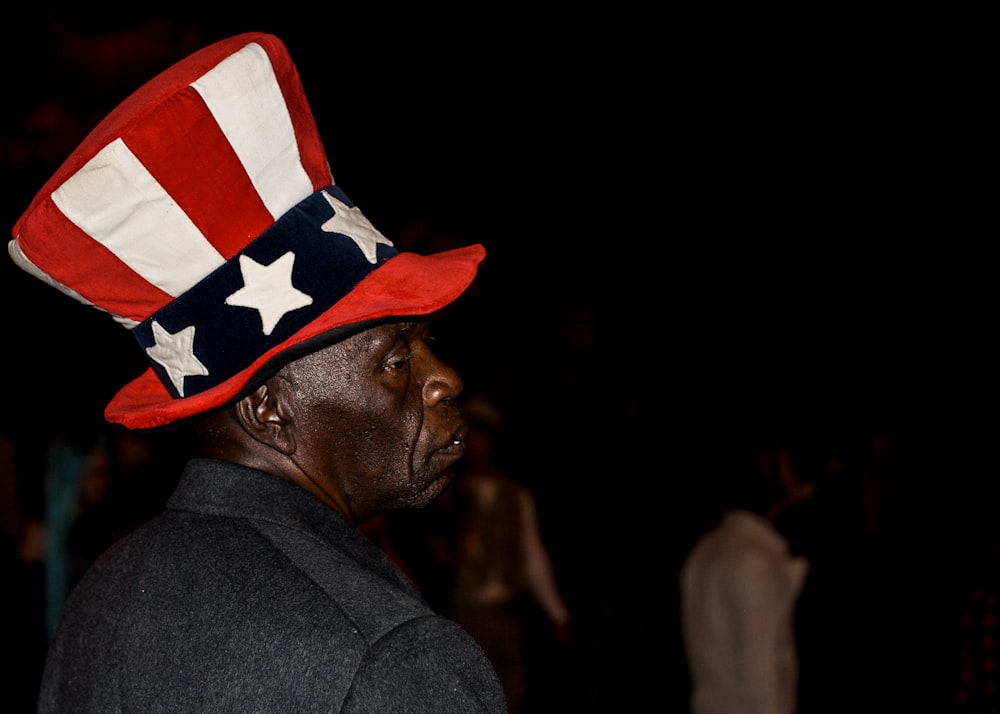A Virtual Roundtable on the Threat of Christian Nationalism, Part 2 of 4 by Jemar Tisby
A conversation with Kristin Du Mez, Jemar Tisby, and Robert P. Jones
As I hope you saw in a previous post, we’re trying a unique experiment here on Substack. I’m co-hosting—along with Kristin Du Mez and Robert P. Jones—a four-part virtual roundtable discussion on the threat white Christian nationalism poses to our democracy and our churches.
1. On Thursday, Robby kicked us off at with part 1. ICYMI, it’s HERE.
2. My post today is part two.
3. Next week, Kristin will be writing part 3 at her Substack, Du Mez CONNECTIONS.
4. And Robby will wrap us up with a final post at White Too Long by Robert P. Jones.
Below I’m including reflections I gave as part of a panel at the Brookings Institution (both text and video), which was focused on the recent PRRI/Brookings Christian Nationalism Survey.
If you’d like to see more of these collaborations with me and other experts on race and justice, please consider becoming a paid subscriber today.
We neglect the racial dimensions of white Christian Nationalism at our peril
Nearly every time I publicly speak about white Christian nationalism, I begin with these words:
“White Christian Nationalism is the most urgent threat to democracy and the witness of the Church in the United States today."
I had the opportunity to share this sentiment at an event jointly hosted between the Brookings Institution and the Public Religion Research Institute (PRRI) upon the release of an in-depth study of Christian nationalism.
The results of the survey indicate that while just 10 percent of the population fit into the “adherent” category, another 19 percent fit the “sympathizer” designation. That makes nearly 30 percent of the population who either actively promote Christian nationalism or who do nothing to oppose it.
Many helpful definitions of Christian nationalism exist, but I define it this way:
White Christian Nationalism is an ethnocultural ideology that uses Christian symbolism to create a permission structure for the acquisition of political power and social control.
Whenever I talk about Christian nationalism, I make sure to highlight the racism inherent in the ideology.
While it is often unspoken, the word “white” should be presumed as a prefix of Christian nationalism. Racial bigotry is inherent to and inseparable from this belief system.
To give one example, the most notorious racist terrorist group, the Ku Klux Klan operates from a white Christian nationalist framework. The founder of the second major wave of Klan activity, William J. Simmons, wrote in 1922, “[The KKK only admits] "native born, white, Gentile, Protestant Americans…”
The white Christian nationalist view of “true” Americans has always centered on people deemed white and has labeled anyone else—Jews, Blacks, immigrants—as “other.”
If racism is inherent in white Christian nationalism, then why do so many Black people and people of color adhere to similar tenets?
This is the portion of the PRRI/Brookings report that jumped out to me.
There are minimal differences in adherence to Christian nationalism beliefs by race. Rates of sup- port for Christian nationalism are roughly the same among white Americans (20% sympathizers, 10% adherents) and Black Americans (21% sympathizers, 10% adherents) .
At first, it would seem that Christian nationalism cannot be “white” because nearly identical percentages of people across races hold Christian nationalist beliefs.
Here are two observations that help explain the multi-racial composition of Christian nationalism despite its white supremacist features.
There is always a small segment of the oppressed who cooperate with the oppressor. This is how you get the “Uncle Tom” or “coon” trope. We have long known that members of oppressed groups may betray their own people to gain benefits from the dominant group.
Black Americans as a group are highly religious. According to a Pew Research study, while 90 percent of adults “believe in God or a higher power,” the proportion is even higher among Black Americans—it is 97 percent. The majority of Black people in the U.S. follow the Christian religion. Therefore, one would expect Black Christians to agree with some statements regarding the importance of Christianity to American civic life.
But the contrast between white Christian nationalists and Black Christians is not in the words but in the ramifications
In contrast to white Christian nationalism, Black Christians have historically tended to embrace a kind of patriotism that leads to an expansion of democratic processes, the inclusion of marginalized people, and a call for the nation to live up to its foundational ideals.
Contrast the Christianity of Sarah Huckabee Sanders, the newly sworn-in governor of Arkansas, and the opponent she ran against, Chris Jones.
Both Sanders and Jones are the children of preachers. Both ran “faith forward” campaigns where they touted their Christian religion as a way to connect with voters. Both claim to follow Jesus, but Sanders’ religion is an expression of white Christian nationalism while Jones’ represents the historic Black Christian tradition.
The term “Christian Nation” is an empty vessel into which different people can pour different meanings.
Black and white Christians may both agree that Christianity should play a prominent role in the public sphere, but when white Christian nationalists say that it leads to exclusivity and authoritarianism. When Black Christians say the same it tends toward greater civil rights and increased democratic participation.
To put a finer point on the risk: White Christian nationalism not only greatest threat to democracy and the witness of the church, it is the greatest threat to a multiracial and inclusive church and democracy.
If we downplay, neglect or ignore the racial dimensions of white Christian nationalism, then we diminish our ability to resist this pernicious ideology.






I DEEPLY AGREE. YOUR SHARING IS DEEP AND GRABS MY ATTENTION EACH TIME YOU WRITE. YOUR BOOK HOW TO FIGHT RACISM IS THE FOUNDATION OF A COMMITTEE I SERVE ON TO DEVELOP ANTI RACISM AS THE GOAL OF OUR CHURCH CONGREGATION. YOUR BOOK HAS RICH ACCEPTANCE WITH US
👏👏👏